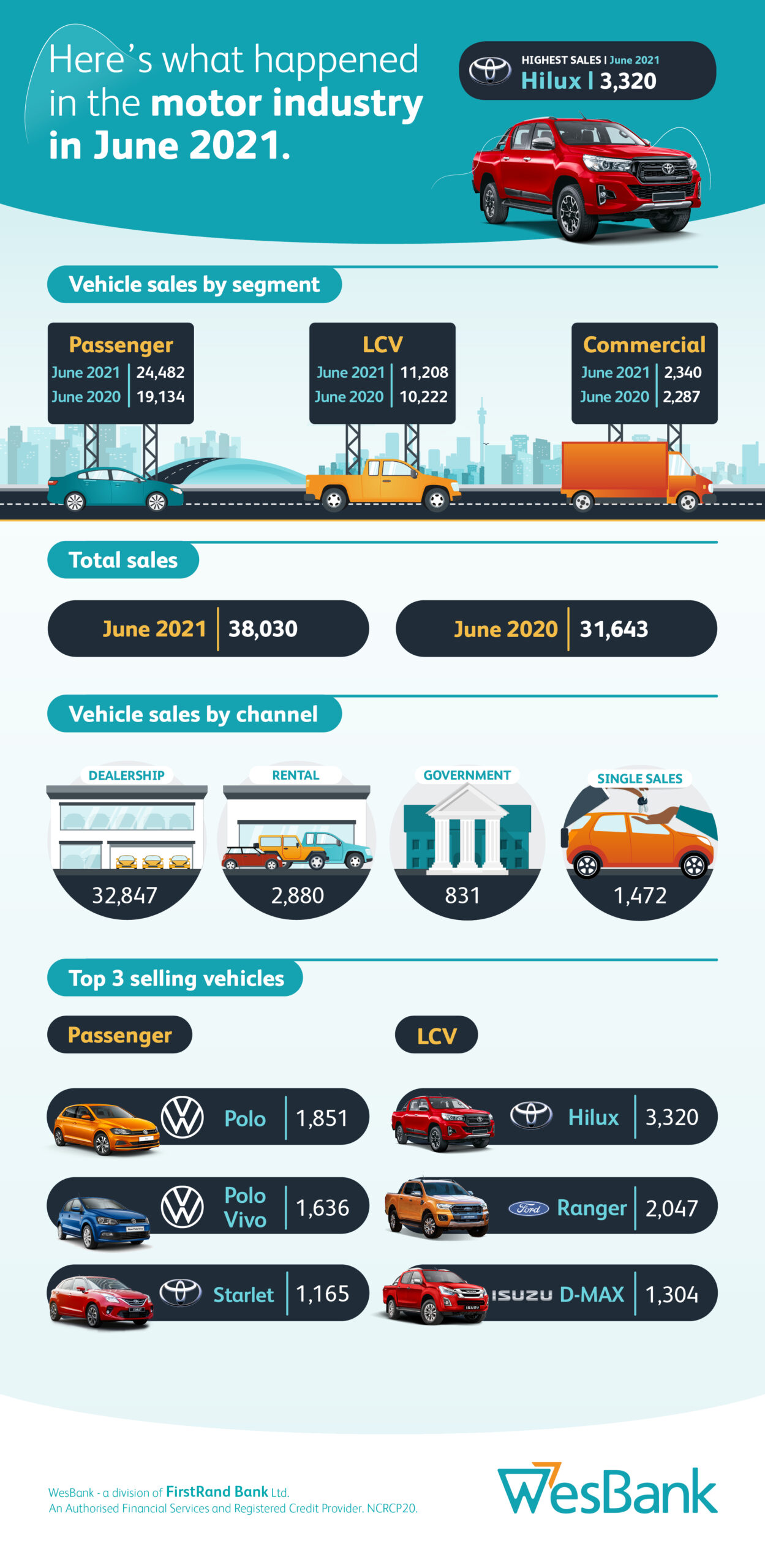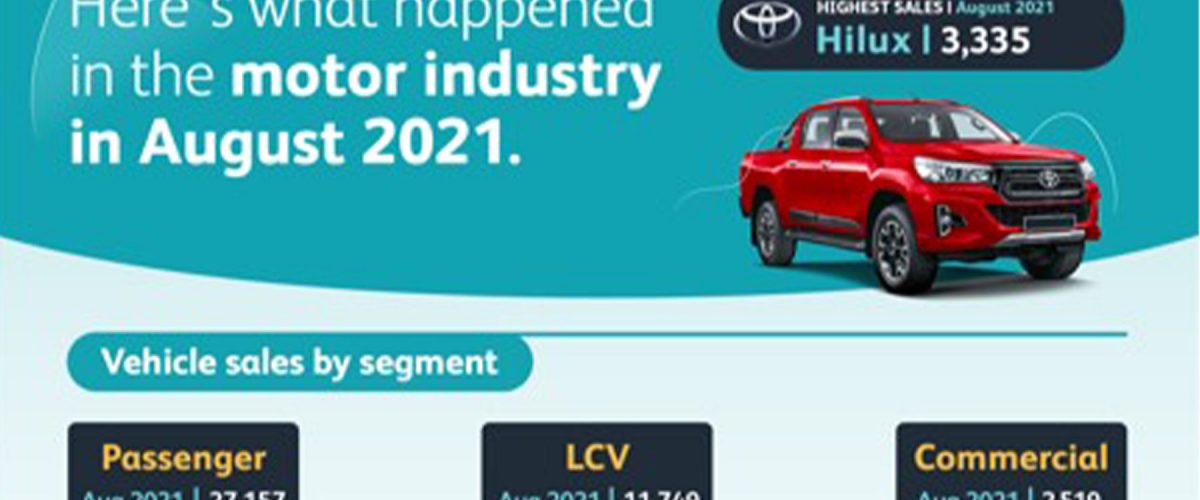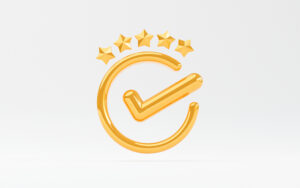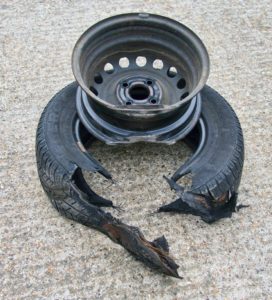The new vehicle market bounced back during August after being unsettled by a barrage of impacts during July.
Not only did sales show good growth over the same period last year, but August’s new vehicle sales were the second highest this year at 41,425 units, after March’s figure of 44,217. According to naamsa | the Automotive Business Council, new vehicle sales were 24.6% up on August last year.
“Taking into account that July sales were significantly disrupted, the fact that sales were up 8.9% over June indicates some reparations from impacted July sales,” says Lebogang Gaoaketse, Head of Marketing and Communication at WesBank. August sales were 25.3% up over the skewed July new vehicle sales result.

WesBank shares the confidence expressed by motor industry CEOs during the first half of the year in a survey conducted by naamsa. “We have consistently held the optimistic view of recovery for the industry during 2021, with various signs showing growing confidence from both consumers and business,” says Gaoaketse. “To have this environment amplified by industry confidence will help to continue to build momentum in the market’s recovery, preserving jobs and fulfilling demand.”
Taking into account that July sales were significantly disrupted, the fact that sales were up 8.9% over June indicates some reparations from impacted July sales
– Lebogang Gaoaketse, Head of Marketing and Communication at WesBank
In terms of demand, WesBank believes the market is out-running the industry’s ability to supply. “Between the challenges of the pandemic, micro-chip shortages affecting international production – and therefore import supply to South Africa – and the prevailing market conditions that have simply hampered the free supply of certain models, the new vehicle market is poised to capture growth opportunities while trying to keep up.”
The trend towards the pre-owned market continues, driven primarily by affordability
– LEBOGANG GAOAKETSE, HEAD OF MARKETING AND COMMUNICATION AT WESBANK
The bank’s demand is measured by applications for finance that continue to sit at levels equivalent to or above those experienced prior to the pandemic. “This is reassuring in two senses,” explains Gaoaketse. “On one hand, consumers have been keeping their vehicles for longer, especially delaying purchases through the pandemic. This will create natural demand on the replacement cycle as consumers need to renew their ageing vehicles, probably with lower mileage.
“On the other hand, the current performance of the market is related to supply, rather than demand, meaning a healthy recovery for the industry is on the cards when stability returns to global production,” says Gaoaketse.
The outlook for the remainder of the year looks positive and will hopefully not be impacted by further lockdown restrictions
– LEBOGANG GAOAKETSE, HEAD OF MARKETING AND COMMUNICATION AT WESBANK
WesBank warns that not all that demand will go to new vehicles, however. “The trend towards the pre-owned market continues, driven primarily by affordability,” says Gaoaketse. “This remains good news for dealers in support of their viability across new and pre-owned showroom floors. Consumers will also benefit from better used vehicle stock once the replacement cycle activity kicks in, due to those low mileage vehicles that have been used less during lockdown.”

The growth in the market was shared across most sectors, including another strong performance from the rental sector, buying 4,962 units in total.
Passenger cars grew 40.5% over August last year to 27,157 units. Of these, 22,225 units were sold through the dealer network, 25% ahead of the same period last year, showing a resumption in demand and confidence.
The Light Commercial Vehicle (LCV) market was impacted less at 11,749 units, 3.8% ahead of August 2020. In fact, dealer sales were 1% down in this segment year-on-year.
“The market showed good recovery during August from the loss of momentum experienced in July. The outlook for the remainder of the year looks positive and will hopefully not be impacted by further lockdown restrictions or other unforeseen factors,” says Gaoaketse.






